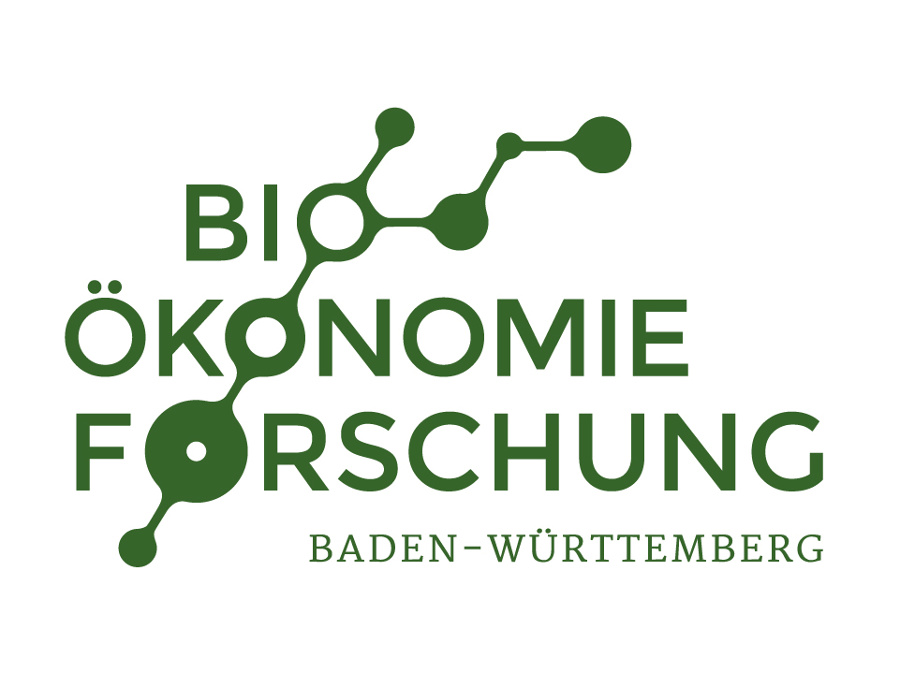Bioeconomy in Baden-Württemberg
Over the past two years, an ITAS project team analyzed the transformation process from a crude oil-based to a bio-based economy. The focus was on the three Baden-Württemberg fields of activity biogas, lignocellulose (woody biomass), and microalgae. The aim of the activities in the project “Bioeconomy in Baden-Württemberg” was to sharpen the system view in the field of bioeconomy and to provide orientation for the further development of a bio-based economy that is aligned with the concept of sustainability. To this end, visions, goals, and expectations of the bioeconomy were analyzed, involved and affected players and their potential conflicts of interest were systematically recorded, and potential effects on the environment, society, and the economy were discussed. The ITAS research team also examined the current legal framework and its consequences for the bioeconomy.
New options for action
The researchers formulated 13 options for policy making in Baden-Württemberg, which are also relevant for bioeconomy policy at national and EU level. In particular, they point out the importance of understanding and developing the bioeconomy as an adaptive socio-technical system in order to respond to changing conditions. The key prerequisite for this is to establish continuous societal dialogue that takes up debates about the future shaping of agriculture and forestry.
Another important finding is that many activities are taking place around new uses of biomass, while the innovation potentials of traditional usage paths and non-technical approaches have been poorly explored. For example, the recycling of bio-based products such as construction materials or everyday items made of bioplastics and interfaces to the circular economy have so far been insufficiently addressed. To ensure that the bioeconomy is aligned with the concept of sustainable development, formative framework conditions (e.g., in the area of agri-environmental law) should be improved in terms of sustainability, and options for regional policy making should be used.
The results were discussed in February 2018 at a workshop with representatives from politics, civil society, and science . A comprehensive final report is available for download. (09.05.2018)
Further information:
- Final report (PDF)
- Project description at the ITAS website
- Bioeconomy BW website


